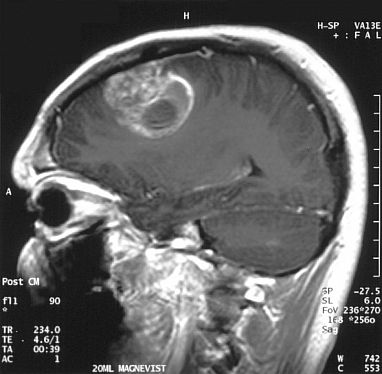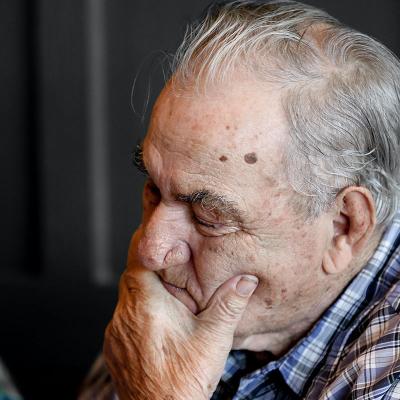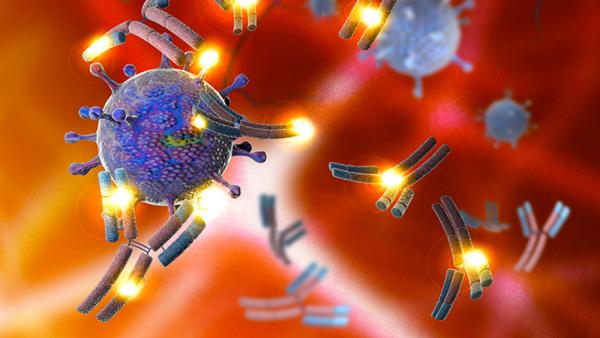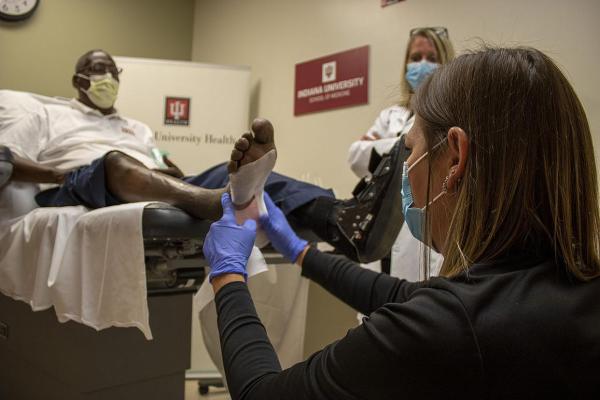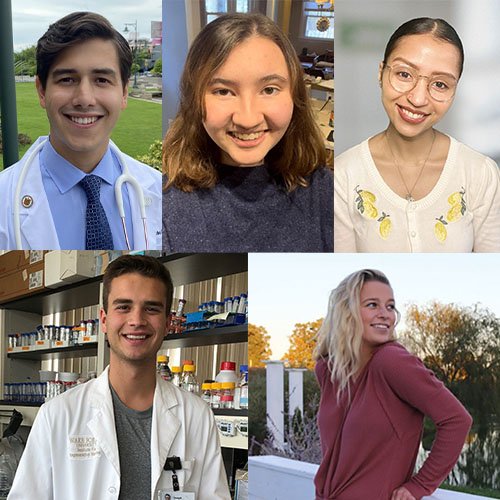Brandon Levy

Brandon Levy is a Health Communications Specialist for the NIH’s Intramural Research Program, where he works to increase the IRP’s public profile and ensure IRP scientists get the recognition they deserve. He particularly enjoys writing about the cutting-edge research performed at NIH but also produces videos and content for social media. Before joining the IRP, he worked as a science writer in NIH’s National Institute of Neurological Disorders and Stroke (NINDS) and as a postbaccalaureate Intramural Research Training Award (IRTA) fellow in NIH’s National Institute of Mental Health (NIMH), spending his days putting people inside giant magnets and sending magnetic waves into their brains to shed light on the mysteries of learning and memory. When he’s not hunched over a computer keyboard, Brandon enjoys singing in his acapella group, reading, honing his skills as an amateur chef, and over-obsessing about college basketball.
Posts By This Author
This page was last updated on Wednesday, March 15, 2023

